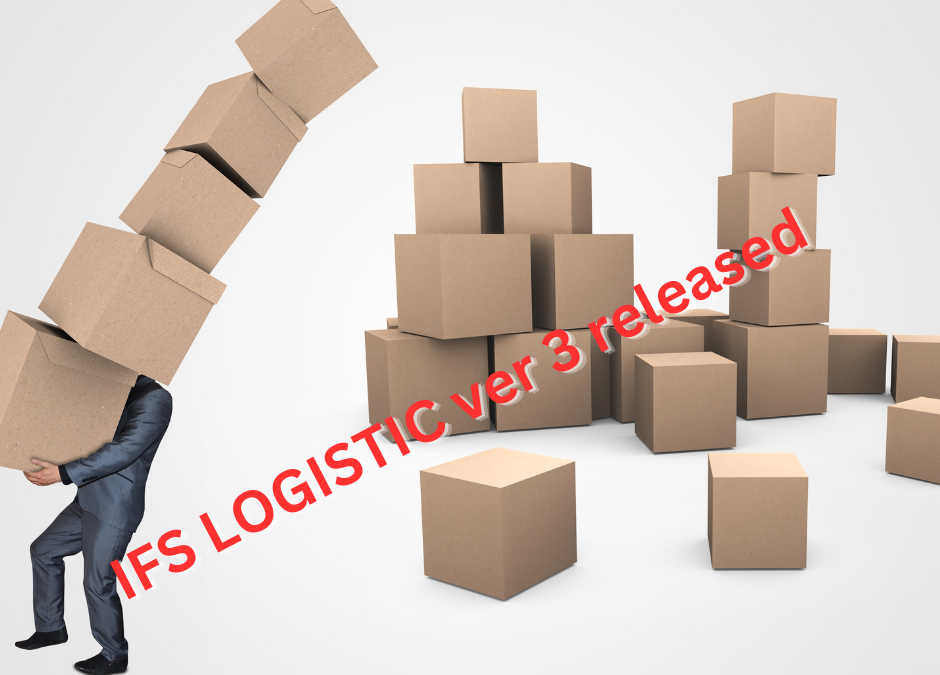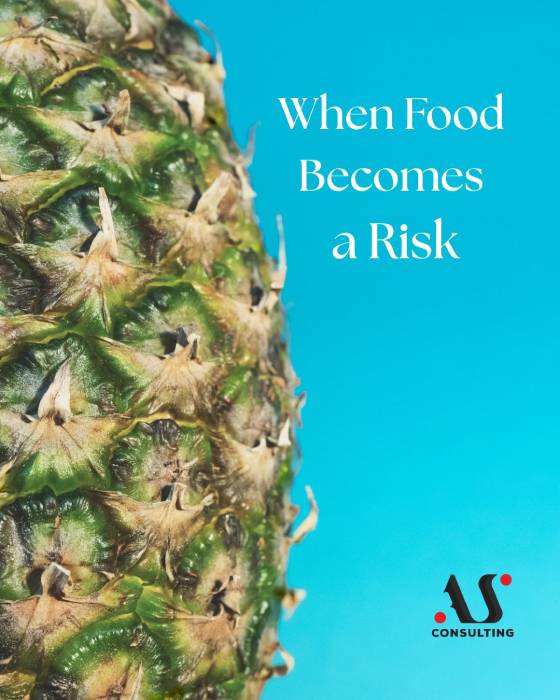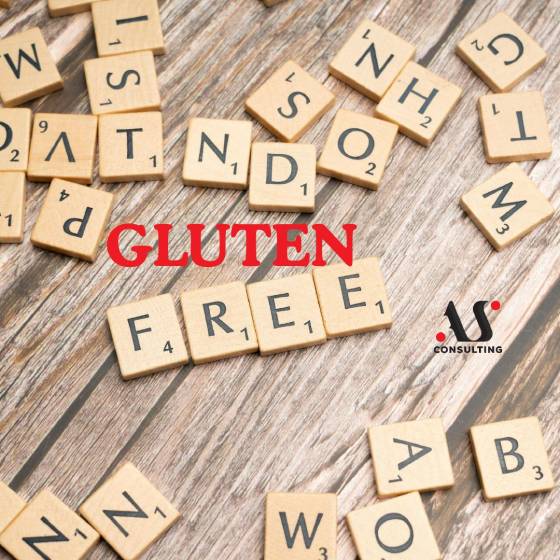
FOREIGN BODY MANAGEMENT
December 15, 2023
HOW TO SUCCESSFULLY PASS GFSI AUDIT
April 21, 2024In our article from 15.04.2021. we talked about the general requirements that GFSI-recognized standards set for companies engaged in transportation and storage services.
Let’s recall why it is necessary to meet the requirements related to product safety during storage and distribution? In order to maintain the quality and safety of the product and to justify the trust of consumers, to protect the brand but also to fulfill legal requirements throughout the entire supply chain. Namely, despite the fact that more and more attention is being paid to maintaining product quality and safety, a large number of product recalls are still recorded, some of which are certainly due to inadequate storage and transport conditions. In order to maintain the specified quality of the product from the producer to the user, it is necessary to ensure compliance with the set requirements throughout the entire supply chain. So even in GFSI-recognized schemes such as BRC and IFS, there are requirements that storage and transport service providers must meet GFSI requirements, either through certification with one of the GFSI-recognized schemes for logistics activities or contractually defined conditions that must again cover the stated requirements of the standard .
IFS Logistic standard
The IFS Logistic standard was developed by an association of German and French retailers with the aim of reducing the number of supplier audits and for retailers and manufacturers to have transparency over the entire supply chain. The standard is applicable for all types of transport: trucks, trains, ships and others, as well as for conditions of controlled temperature or ambient stable products. The standard is applicable to both food and non-food products.
IFS Logistic version 3
In December 2023, the long-awaited version 3 of the IFS Logistic standard was published, in which significant changes await us:
- Although the duration of the on-site audit was increased to a mandatory 50% of the total duration of the audit with food version 7, IFS Logistic did not follow those changes until now. With version 3 of the IFS Logistic standard, the required site visit time is at least 50% of the total audit time. However, here we have an exception (this is not the case with food), where the time of visiting the location can be reduced to 1/3 of the duration of the audit, if the time of the IFS Logistic audit is 6 hours;
- A new scope related to animal feed was introduced and also two more logistics services: simple fruit and vegetable sorting and labeling;
- The scope has been expanded and clarified in the part of short-term storage and exclusions
- Partly outsourced processes are included: part of logistics services that can be performed off-site by third parties but also by sister companies within the same group;
- Grade B is returned as a deviation (previously it was “point of attention”
- Similar to the food version, “star status” has been introduced, which refers to unannounced audits
- The standard is aligned with the new version of Codex Alimentarius
If we look back at the requirements of the standard, the novelties would be the following:
- Product safety culture – now officially as a requirement through the company’s policy and goals and then a review by the management
- Request 1.2.4. which specifies the notification of the certification body within 3 working days by the certified company in case of withdrawal/recall, change of company name, headquarters, etc.
- The chapter related to product safety management is aligned with the new version of Codex Alimentarius
- Food range employee areas now require hand washing stations to be positioned as close as possible to the entrance to food handling areas
- Significant changes in KO requirements:

- The requirements have been strengthened for the criteria for the approval of suppliers (reliability, possession of certificates, implementation of supplier audits, etc.);
- A new set of requirements related to partially outsourced processes
- When testing traceability, a mass-balance test is mandatory
- New chapter (5.5.) related to Quantity Control Monitoring (for processing services such as labeling and/or simple sorting of fruits and vegetables intended for the final consumer)
Audits according to version 3 are possible from 01.06.2024. and mandatory from 01.12.2024.
Looks like we have a lot of changes?! To make it easier for you to agree with them, contact our Agency for consultations and trainings!!!




